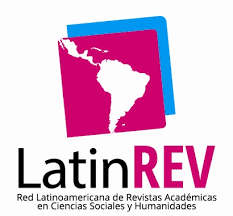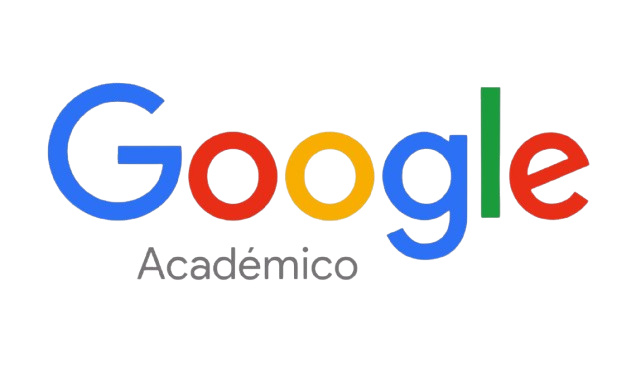Access, knowledge and use of information and communication technologies (ICTs).
Case study. Indigenous community of the department of Presidente Hayes.
Keywords:
ICT, Education, Indigenous peoplesAbstract
Technologies of Information and Communication (ICTs) are those tools that process, summarize and present information
so varied. In the classroom, allow universal access to education, the practice of teaching, learning quality and professional development of teachers. Access, knowledge and use of ICT is still a large deficit in remote rural and indigenous communities in the capital. Basic School No. 4765, in the department of Presidente Hayes, has no rooms and computers which can be carried out learning of ICT. The research is descriptive non-experimental, documentary uses bibliographic and field mode with the survey method. The results exhibit the characteristics of teachers and students according to ICTs, as well as the advantages and disadvantages of them, and the lack of infrastructure in the school.
Downloads
Published
How to Cite
Issue
Section
License
Copyright (c) 2021 Santiago Galeano

This work is licensed under a Creative Commons Attribution-NonCommercial-ShareAlike 4.0 International License.
The Editorial Committee of the Journal reserves the right to introduce formal modifications necessary to adapt the text to the publication standards, for this reason, the digital version of the article presented must be modifiable.
Once published, the printing and reproduction rights belong to the Publisher. It is optional for the Editor to allow the reproduction of the article. In this way, it works with the Creative Commons 4.0 license, which deals with non-commercial recognition, share alike.






